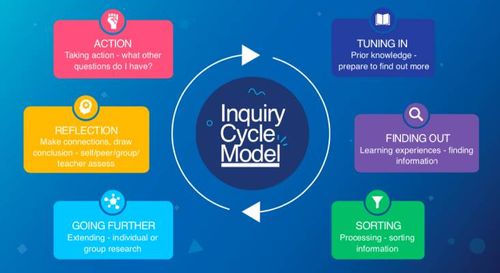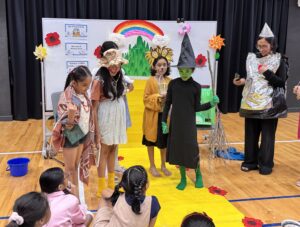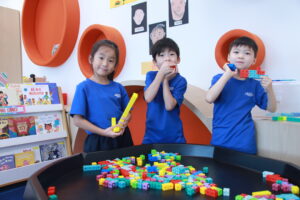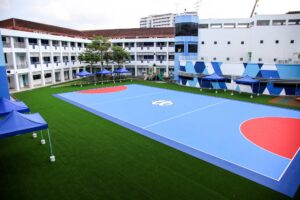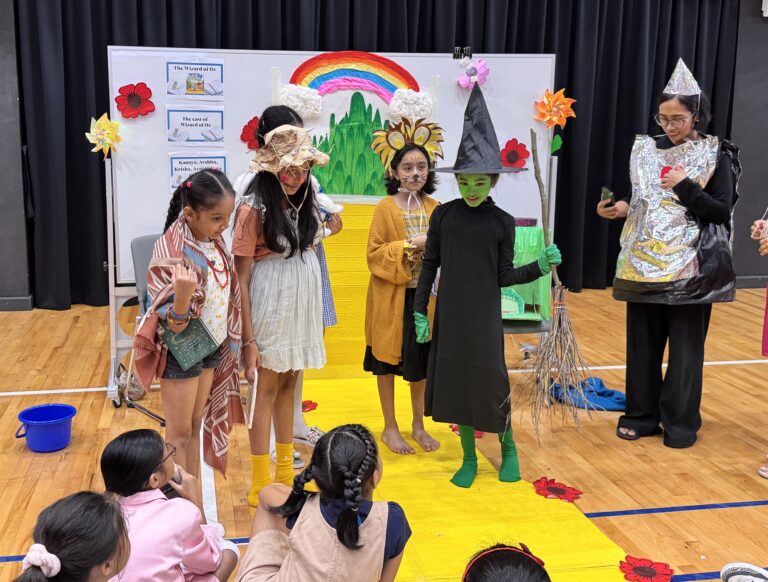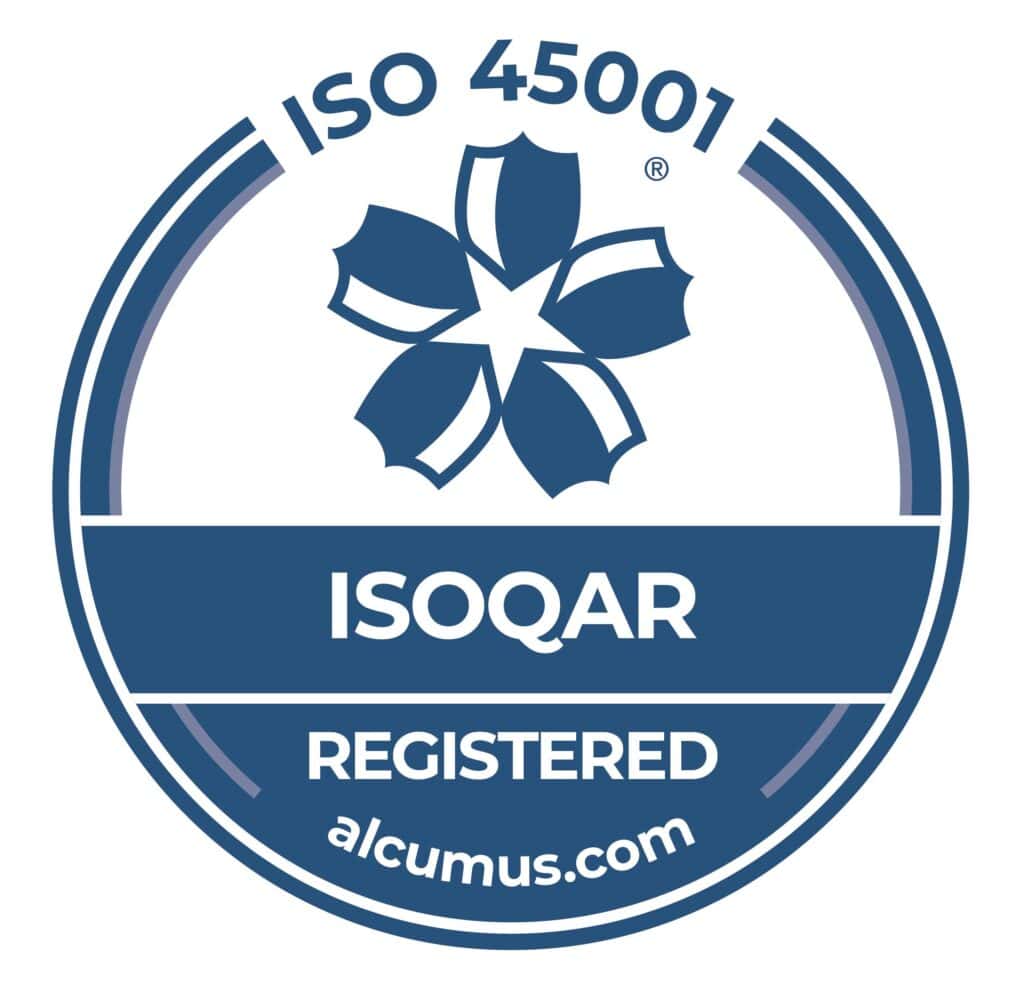In traditional schools, students learn to memorise facts and recite information on an as-needed basis. Though this is a type of learning, it’s not a kind of learning that encourages critical thinking or synthesis of information. In these schools, students learn facts but not how to think independently. As a result, they do not learn the joy or value of learning as they would in an IB school.
Students who are enrolled in an IB programme learn inquiry, which means that they develop the ability to learn by asking questions and discovering the answers for themselves. So if you’re a parent who would like your child to get the full benefit of their international education, it’s important to send your child to a school where they will develop into lifelong learners.
What Makes An Inquirer?

Inquirers are students who have developed a natural curiosity. They want to know more about the world. They are willing to engage in explorations that will lead to discoveries. They are eager to ask the questions that will help them answer those questions. All children are natural inquirers when they are very young, but traditional school environments sometimes re-programme children to be students who do not seek learning on their own.
Inquirers do more than just ask questions. They also have the skills to seek answers. They may do research. They may read a book, perform a small experiment, or pull something apart until they have found the answer. They do this because they actively love learning. Their inquiry comes from the natural joy of discovery.
Children who remain inquirers throughout their time in school will go on to become lifelong learners. They have also developed a natural skill that will benefit them their entire life. They make better workers in the workplace and can eventually become leaders.
How Does Learning by Inquiry Work?
In a traditional classroom, students are given assignments and deadlines. They learn through their assignments and complete the projects by the deadlines.
Inquiry-based education is different. Students approach a new subject in school by generating questions about the subject, then they perform research and read materials to discover the answers to those questions.
For example, when learning poetry, instead of memorising a poem, students at OWIS ponder over questions such as: “What is the meaning of a classic?”, “How difficult would it be pen a classic poem?” and “Do song lyrics count as poetry?”
This type of education is effective because it’s student-directed. Students explore the topics thoroughly but at their own pace. They also take their research in their own direction, which is both motivating and more engaging.
How We Build the Inquirer Trait in Students at OWIS

As an IB school, OWIS offers a range of programmes that nurture children’s natural inclinations to ask questions, seek answers and always wonder why. Below are some of the ways that we help students learn at OWIS while also developing their sense of curiosity.
- Focused class activities. At OWIS, we structure a variety of our classes and events to encourage this natural sense of inquiry. You can see examples of this in our PYP exhibition, where Grade 5 students consolidate all the research skills they have practised through their Primary years to analyse a topic from a variety of different perspectives and then showcase the new information they learned on that topic.
- Student-directed learning. Students at OWIS learn by asking questions and then discovering the answers. Instead of memorising facts and taking quizzes, students learn by asking questions about topics and then performing experiments or conducting research to learn the answers for themselves. This method is more engaging to students and enables them to become invested in the work they’re doing in school.
- Culture of kindness. At OWIS, students learn in a culture of kindness. They are recognised as individuals and given the freedom to explore topics as they see fit.
- IB-trained teachers. All of our teachers are trained to follow the IB programme format. They’re also hired specifically for their belief in the benefits of and experience with IB.
- Celebrating student achievements. We encourage students by celebrating their achievements and teaching students that it’s always okay to wonder why?
Would you like your child to become an inquirer? Contact our admissions team today, or schedule a tour of our school campuses. We would love to show you how OWIS stands apart from other international schools and traditional school models in Singapore.
This blog was originally written in collaboration with Jasween Gill, former Admissions and Communications Director, OWIS Nanyang and Suntec.
